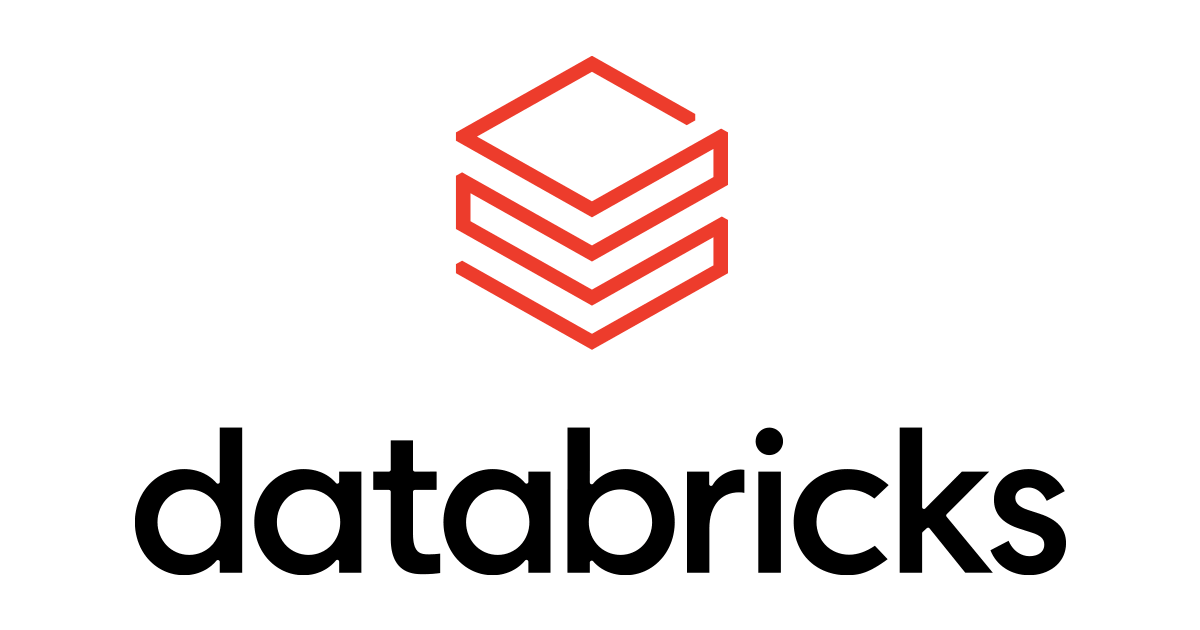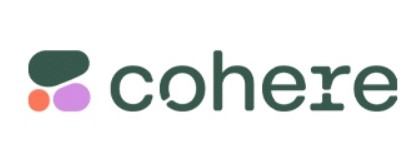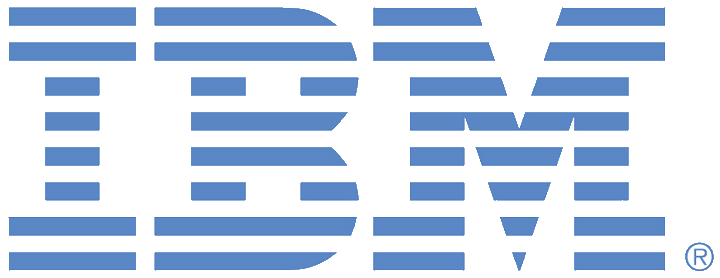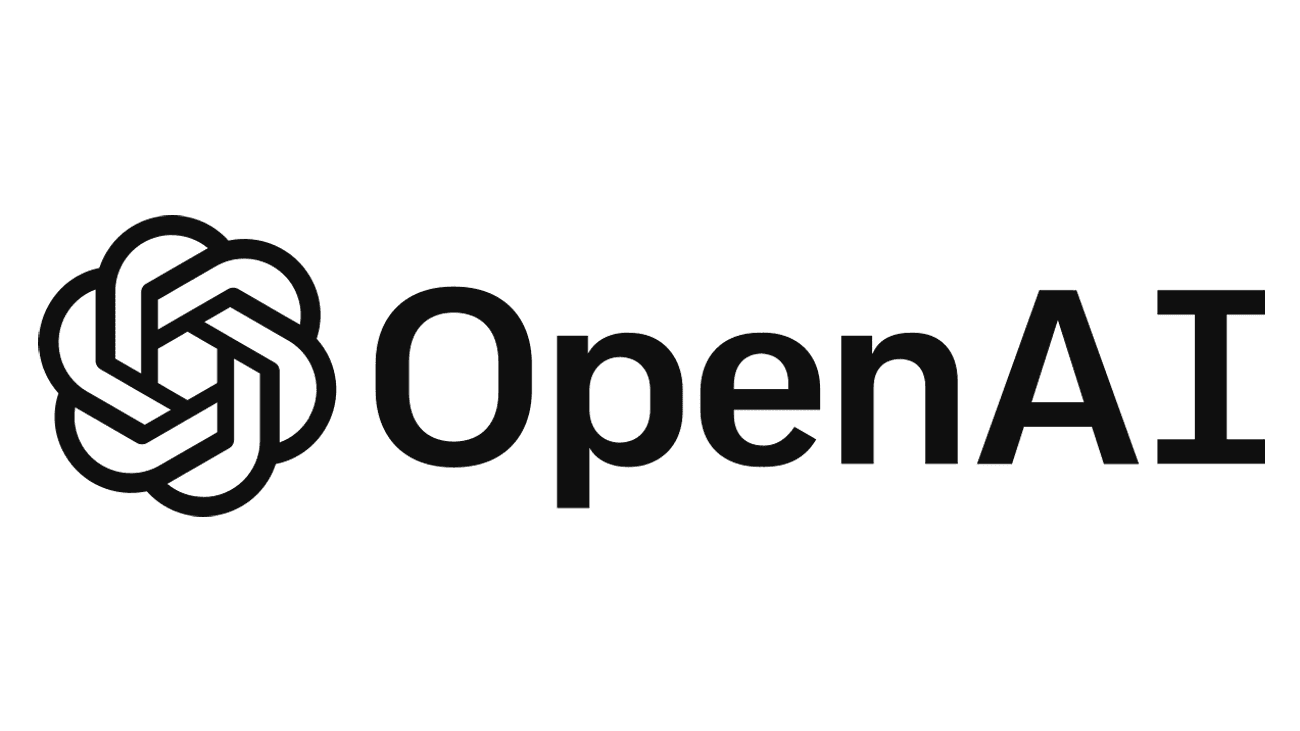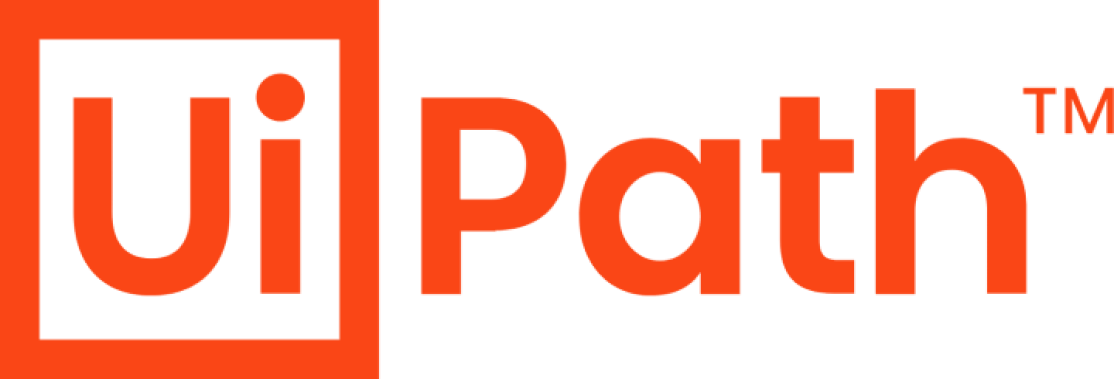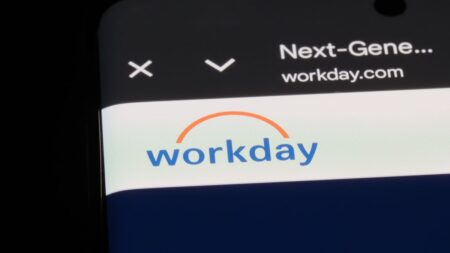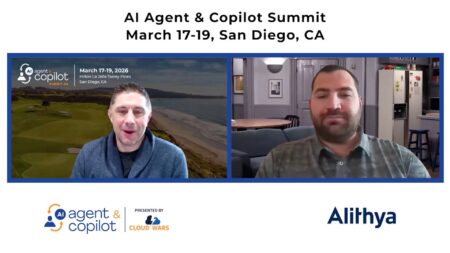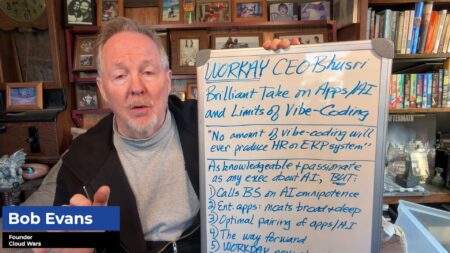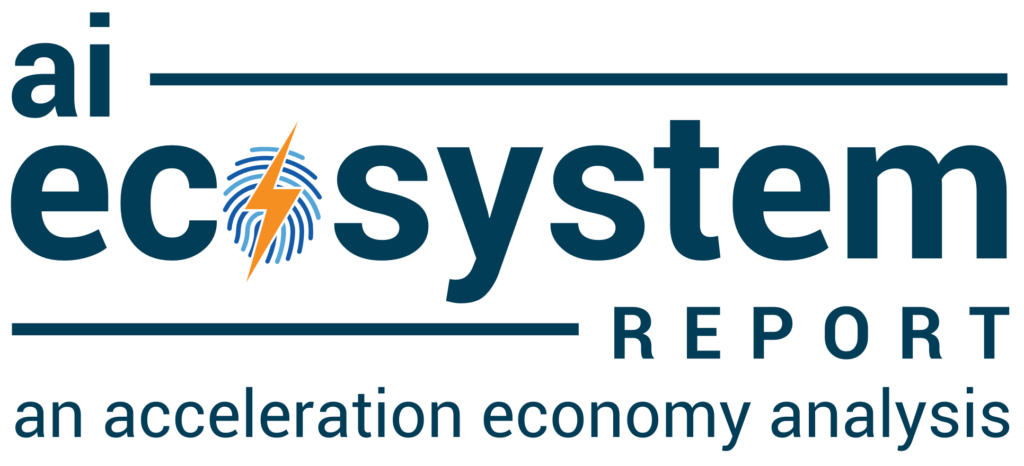
The summer of 2024 is already halfway over! It’s hard to believe. No doubt the AI Ecosystem has not taken a summer vacation. Let’s review the top AI headlines, announcements, and coverage of the AI Ecosystem from the month of July.
Content Authenticity
Over the past month, social media platforms have taken steps to solve the problem of AI-generated content. While they haven’t found a long-term solution yet, it’s clear they are iterating to find what works best.
Meta created a tag for images believed to be AI-generated, using the label “AI Info.” This move was initiated after its release in May of a similar tag that falsely labeled original works as inauthentic, leading creators on the platform to understandably lash out.
On a similar note, YouTube updated its policy to allow users to request a takedown of content if it was suspected to be AI-generated. The YouTube team checks each of these requests manually.
It’s interesting to see how these platforms are evolving their strategies and searching for answers to larger societal questions around content authenticity and intention.
AI Ecosystem Pioneer Highlights
We’ve also seen big updates come from many of our AI Ecosystem Pioneers Dozen. Databricks acquired a young company called Prodvana, whose team and AI infrastructure tech are joining Databricks. UiPath announced new GenAI features for the UiPath Business Automation Platform during the UiPath on Tour London summit.
ServiceNow teamed up with IBM Consulting to offer a new service that’s powered by AI in various ways to help enterprise clients upskill, reskill, and manage workforce changes in the face of AI. Using AI to help navigate changes brought by AI!
New models have also come out, as AI companies push the boundaries on both very large and very small models. OpenAI introduced GPT-4o mini, its smallest and most cost-efficient small language model to date. This model will unlock new use cases and enable developers to apply this machine learning flow to smaller, high-frequency workloads at lower cost.
On the other side of the equation, Meta released Llama 3.1 405B, its largest-ever open-source model with 405 billion parameters. Mistral followed suit one day later releasing Mistral Large 2. Although similar in performance and size, the models differ in their business approach: Meta’s Llama series is open source and free to use, with the aim of building a strong developer ecosystem that can power a large product ecosystem later on. Mistral’s are proprietary.
Cohere raised an additional $500 million dollars in funding from investors including Cisco, AMC, NVIDIA, Salesforce Ventures, and Fujitsu, valuing the company at $5.5 billion. The new funding will help solidify Cohere as the go-to base layer model provider for enterprise applications like document processing, chatbots, and more.
New Startups, Innovations, and Frameworks
We’ve also seen new innovative products come from startups. Axelera AI raised tens of millions to take on the all-important HPC chip market that NVIDIA dominates. Harvey raised a $100 million round to build out what it calls a copilot for lawyers. Sonia is working on an AI-based therapy app that allows more people to have the benefits of therapy sessions without footing the bill of a human therapist.
Accenture released a new framework, the AI Refinery, to help enterprises develop and deploy customer LLMs using Meta’s Llama 3.1 model family, all powered by NVIDIA AI Foundry. I’ll cover this in more depth in a future AI Ecosystem Report.
Final Thoughts
It’s been an exciting month in the AI market. Overall, the pace of innovation — whether you measure it by companies releasing models and products, funding for new companies, or acquisitions — is not slowing down. As always, stay tuned to the weekly AI Ecosystem Report if you learn the latest news and see our analysis.
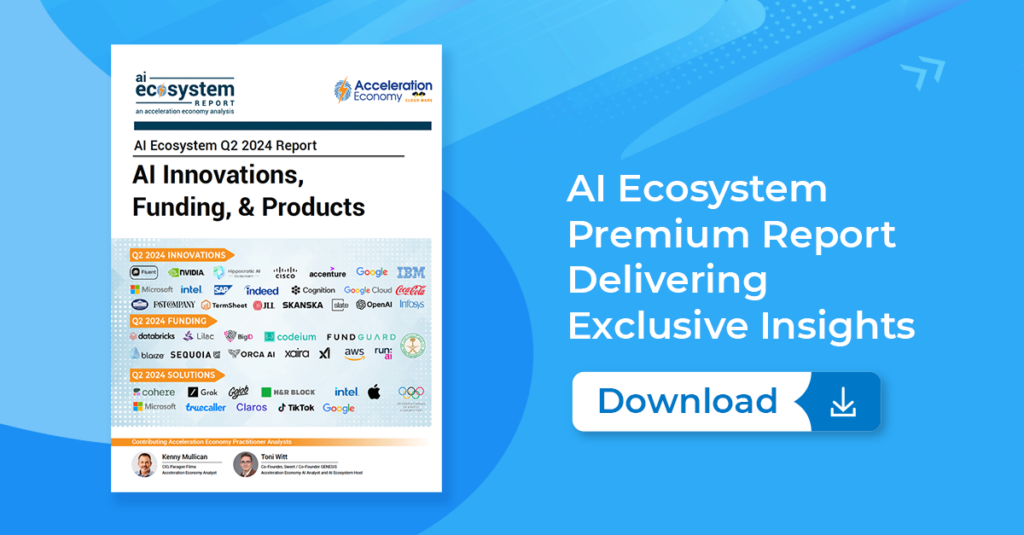
The AI Ecosystem Q2 2024 Report compiles the innovations, funding, and products highlighted in AI Ecosystem Reports from the second quarter of 2024. Download now for perspectives on the companies, innovations, and solutions shaping the future of AI.



